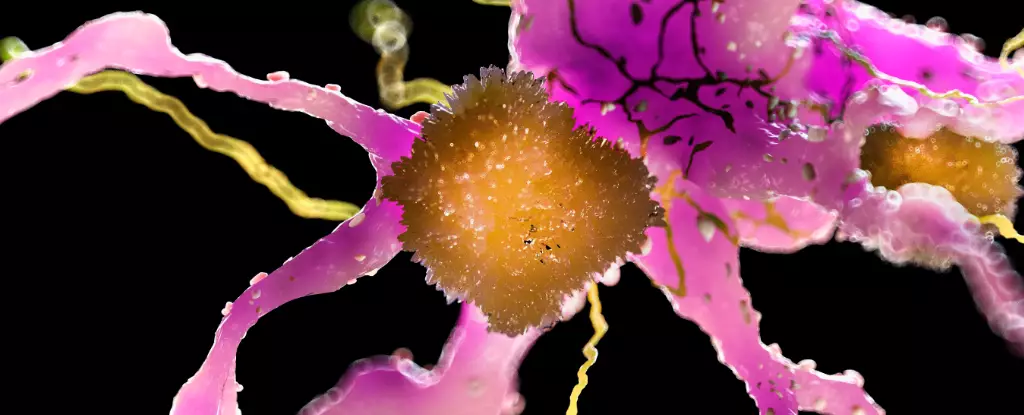Alzheimer’s disease has long been a formidable adversary in the realm of neurodegenerative disorders. It lurks in the shadows, often unnoticed until it strikes its victims in the most intimate of ways, stealing memories and disrupting lives. Currently, an estimated 6.7 million Americans aged 65 and older are living with this condition, and by 2050, that number is projected to rise to nearly 13 million. The unsettling truth is that many people who will develop Alzheimer’s might carry the genetic mutation responsible for the disease without even knowing it. Despite the mounting despair surrounding this epidemic, recent advancements in medical trials offer a sliver of optimism; the potential to delay the onset of Alzheimer’s is not merely a pipe dream but a burgeoning reality.
Hope Emerging from Clinical Trials
The recent study led by Washington University’s distinguished neurologist, Randall J. Bateman, holds profound implications for those predisposed to Alzheimer’s. With a focus on participants carrying dominant genetic mutations associated with the disease, the trial examined the effects of gantenerumab, an experimental antibody treatment. This small sample size of 73 volunteers may seem insignificant in the context of medical research; however, the results reverberate with hope. Through participants who had genetic markers indicating a high likelihood of developing Alzheimer’s, the trial demonstrated that administering gantenerumab could potentially cut the risk of symptomatic progression by half.
Most alarmingly, these are individuals who were destined to suffer the harrowing decline associated with Alzheimer’s disease. The fact that some showed no cognitive decline after treatment significantly alters the conversation. This burgeoning area of research strengthens the notion that early intervention is paramount when tackling Alzheimer’s. One cannot help but feel invigorated by the promise of delaying this dreadful illness, granting patients more precious years of cognitive health and quality living.
Scientific Breakthroughs: The Therapeutic Landscape
The study itself is not without its controversies and complications. The journey of gantenerumab has been riddled with roadblocks, having failed to produce a clinically impactful response during earlier phases of testing. Compounded by significant risks, including brain hemorrhages and swelling, skepticism naturally emerges alongside cautious optimism. Nonetheless, the potential of this treatment is perhaps greater than past failures suggest.
What this research does is shift the paradigm of how we view Alzheimer’s—from an inevitable endgame to a modifiable trajectory. The contrasting perspectives reveal an essential pivot in drug development toward treatments that can affect the pathology of the disease itself before symptoms manifest. In a society that has often sought ways to mitigate symptoms rather than address their root causes, gantenerumab may well be ushering in a new era of Alzheimer’s treatment.
The Broader Implications of Preventative Care
The implications of these breakthroughs extend beyond individual outcomes; they signify a collective step forward in a society desperate for solutions. We stand at a crossroads, where the prospect of preventative treatments for Alzheimer’s is on the horizon, and with that possibility comes responsibility. Health systems will need to adjust their frameworks to incorporate preemptive care, supporting early detection and intervention. As healthcare professionals, researchers, and policymakers rally around the objective of delaying Alzheimer’s, we must remain vigilant about ensuring equitable access to these new paradigms in treatment.
Ultimately, as elegantly articulated by Bateman, one of the study’s authors, the potential for individuals who are clearly on track to develop Alzheimer’s to instead live full, healthy lives is not just a scientific triumph—it is a moral imperative and a societal necessity. Here lies the potency of empathy and progress fused into one overarching goal: to create a world where fewer individuals awaken to the reality of Alzheimer’s, and more are empowered to live life fully aware, engaged, and present.
Hope may be a delicate thread, but in the ever-evolving landscape of Alzheimer’s research, it is a thread worth clinging to.


Leave a Reply